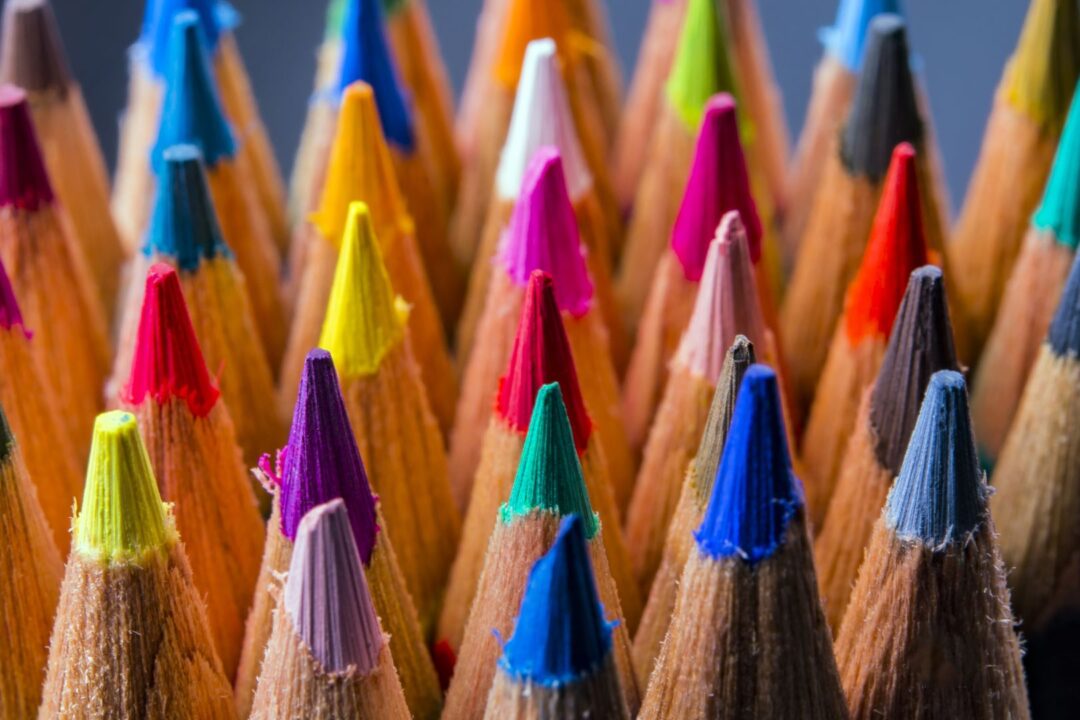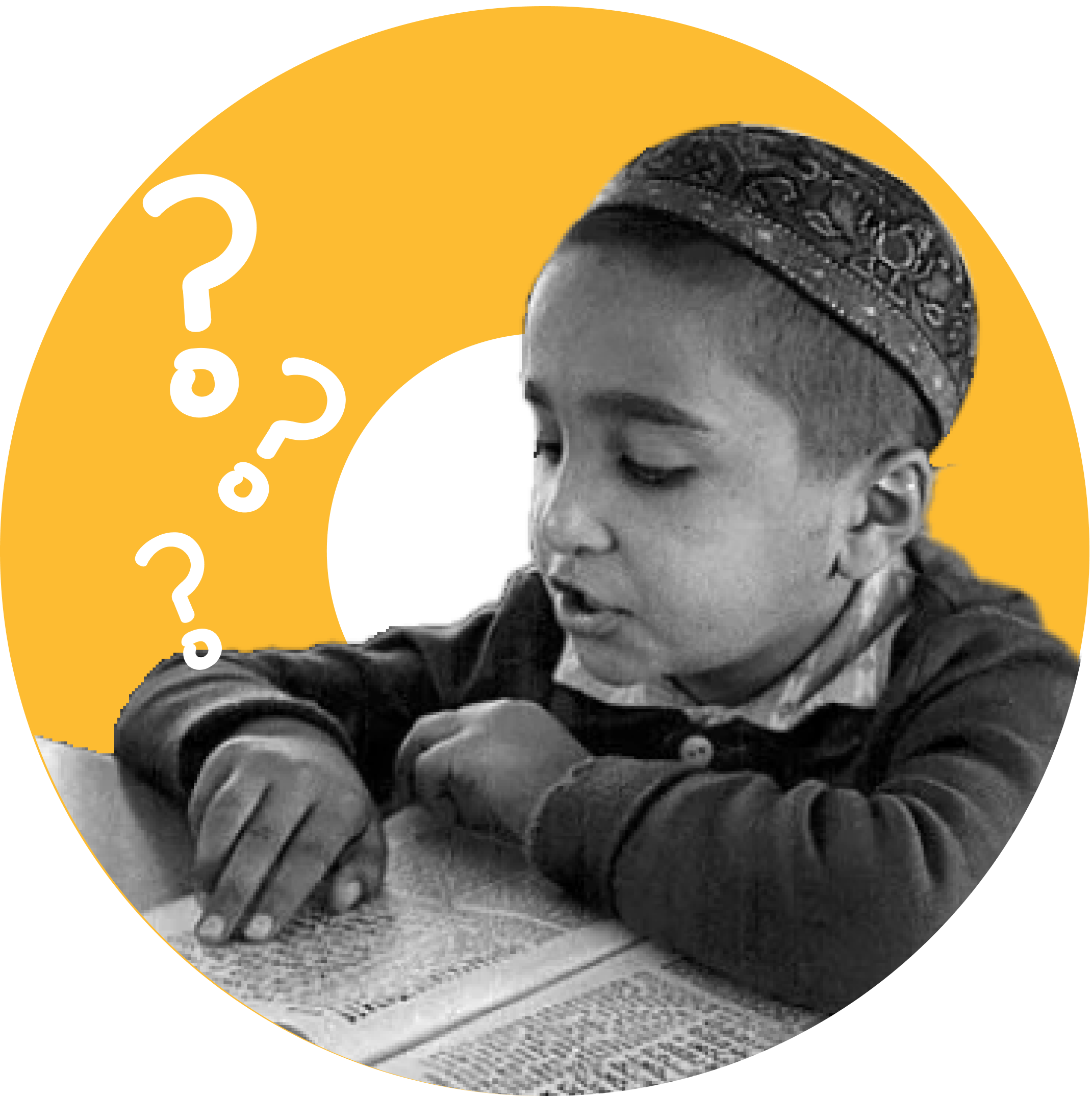The melakha of Writing is defined as using letters, numbers, or pictures to express ideas precisely so they will not be forgotten. At first glance, writing seems to be a trivial and insubstantial melakha. In truth though, writing is the basis for human progress. Without it, people would have difficulty remembering complex things with precision and would lose the ability to reconstruct their accumulated knowledge.
Using a rubber stamp is considered Writing. Similarly, using a printer or photocopier is prohibited. A person may not type letters or characters on a computer or save anything to a computer’s memory. Taking photographs and recording voices or sounds are prohibited as well.
To ensure that information is precise, sometimes it is necessary to erase mistakes in order to replace them with the correct letters, numbers, or pictures. This is the definition of the melakha of Erasing.
As we said above (section 14), Dyeing is a melakha whose objective is to make something more beautiful. People who create a meaningful image on paper or on a wall, are transgressing the prohibition of Writing, and if they then color it to beautify it, they transgresses the prohibition of Dyeing. Painting walls, cabinets, or utensils and dyeing fabric, clothing, or shoes are all prohibited. One may use paper towels to clean up dirt, or place a bandage on a bleeding cut, since there is no intention to color anything, but rather to clean up.


















